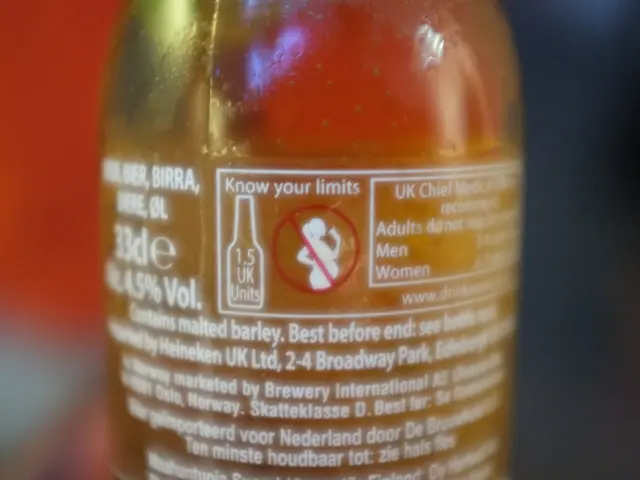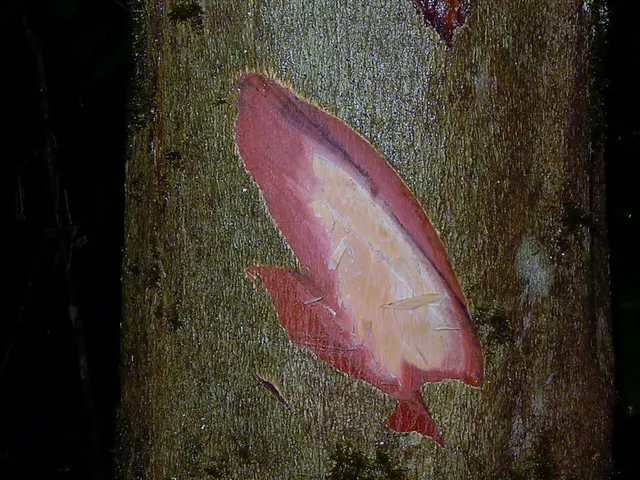Microbiology Bachelors Degree: Professional Trajectory
Microbiology, the study of microorganisms, offers a diverse range of career opportunities for BSc Microbiology graduates. This article explores the various paths that can be pursued after completing a BSc Microbiology program.
A BSc Microbiology program, a four-year undergraduate course, equips students with a comprehensive understanding of microorganisms, including bacteria, viruses, fungi, and protozoa. The curriculum typically includes coursework in microbiology, biochemistry, genetics, immunology, and molecular biology.
Upon graduation, students are eligible to pursue a variety of career paths. One of the most common is becoming a Research Scientist, where they can delve deeper into the world of microorganisms, conducting experiments and analysing data to contribute to scientific advancements.
Another career option is that of a Medical Laboratory Technologist, where graduates work in diagnostic laboratories, analysing samples to aid in the diagnosis and treatment of diseases. They may also choose to become Public Health Microbiologists, focusing on the prevention and control of diseases in populations.
Environmental Microbiology is another exciting field, where graduates can study the role of microorganisms in ecosystems, and how they impact and are impacted by environmental changes. Agricultural Microbiology is another area of interest, where graduates can apply their knowledge to improve crop yields and combat agricultural diseases.
Pharmaceutical Microbiology is another promising career path, where graduates can work in the development and production of pharmaceuticals, ensuring they are free from contaminants and effective against the intended pathogens. Food Microbiology is another area, where graduates can ensure the safety and quality of food products.
Graduates may also choose to specialise further by pursuing graduate studies in microbiology or a related field. This could lead to careers as Microbial Ecologists, studying the ecology of microorganisms, or Microbial Geneticists, studying the genetics of microorganisms.
However, the field of microbiology is not without its challenges. Time-consuming data analysis can be a challenge for microbiology jobs. Dealing with complex and time-consuming experiments is another hurdle for microbiologists. Limited funding for research can make conducting large-scale or long-term studies difficult.
Ethical considerations, such as working with genetically modified microorganisms or studying pathogens that could be used for bioterrorism, can also pose challenges. Working long hours and under pressure to publish research findings can lead to high stress. High competition for microbiology jobs, particularly in the private sector, can be another challenge.
Despite these challenges, the job outlook for BSc Microbiology graduates is generally favourable. The increasing demand due to concerns about public health, the environment, and the growth of the biotechnology and pharmaceutical industries promises a wealth of opportunities.
The scope of a BSc Microbiology degree is broad and encompasses various fields, including research, industry, healthcare, education, environmental science, agriculture, and more. However, limited career opportunities in specific regions or areas can make it difficult for microbiologists to find a job in a desired location or field.
In conclusion, a BSc Microbiology degree opens up a world of opportunities for graduates. Whether they choose to become research scientists, medical laboratory technologists, public health microbiologists, environmental microbiologists, agricultural microbiologists, pharmaceutical microbiologists, food microbiologists, microbiology educators, or specialise further, the field of microbiology offers a rewarding and exciting career path.








